
What is sustainable living? How Your Choices Shape a Sustainable Present and Future
By embracing sustainable living, we adopt practices that contribute to the well-being of the environment, society, and economy.
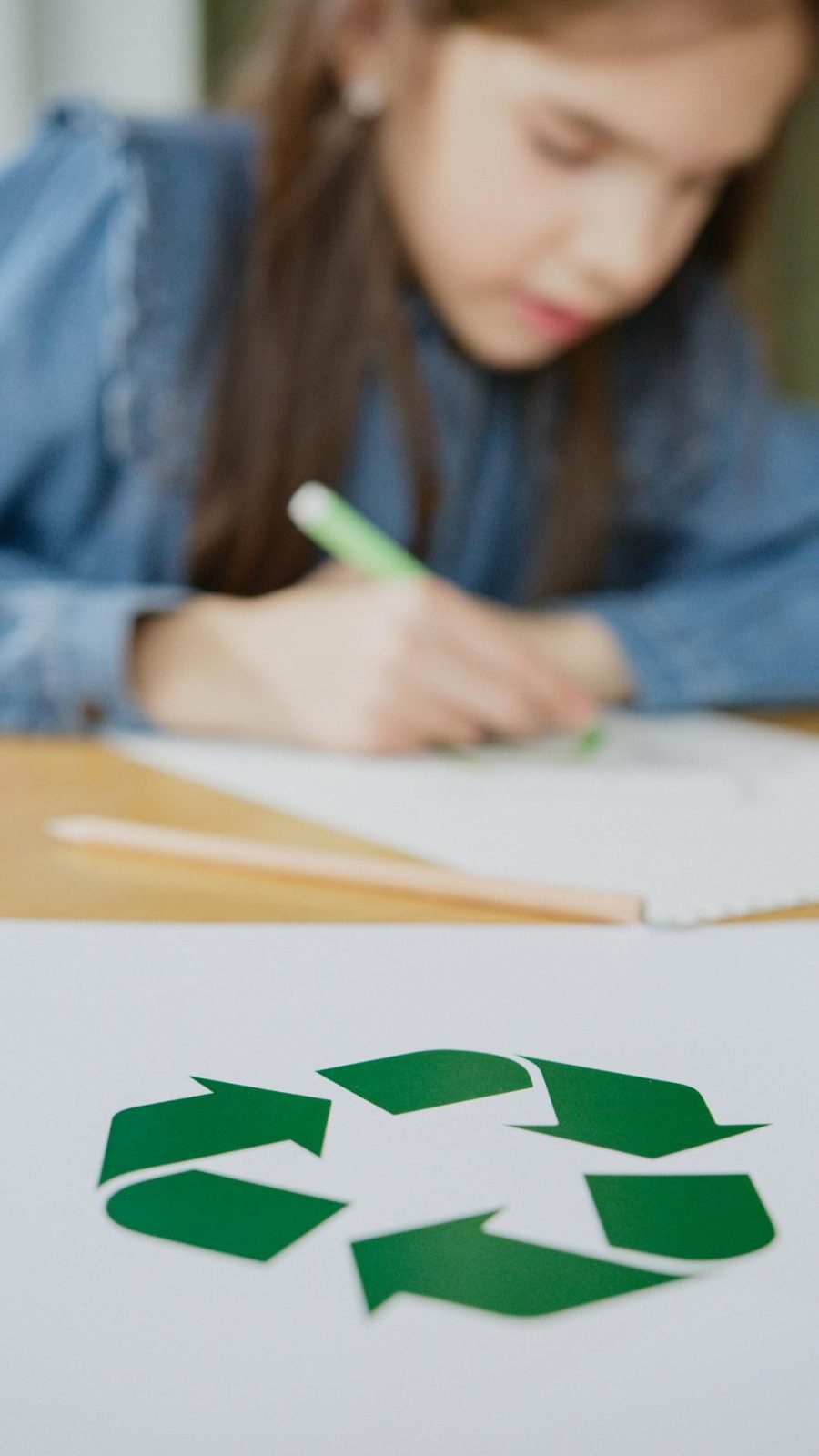
Do you feel overwhelmed by the amount of trash in your home?
Are you interested in teaching your kids about sustainability and responsible waste management?
How can reducing waste in your home save you money and benefit your community?
In this blog post, we’ll explore engaging and practical ways to involve your entire family in cutting down waste at home. Let’s make sustainability a family affair!
Getting your family involved in waste reduction can transform a challenge into a fun and rewarding journey. Minimizing food waste, recycling, or making eco-friendly consumer choices, every small action counts in the journey toward sustainability.
By actively participating as a family, not only do you contribute to the health of the planet, but you also invest lifelong habits of environmental consciousness in your children.

Photo by Jonathan Borba on Unsplash
When every family member gets involved, you share responsibilities and celebrate achievements while strengthening your bond. You become a powerful, sustainable team!
When you reduce waste as a family, you create a team environment where everyone plays a vital role. Planning, executing, and evaluating your waste reduction strategies involve cooperation and communication among family members.
That isn’t just beneficial in carrying out sustainability efforts but can also transfer to other areas of life, encouraging a supportive and collective approach to various challenges.
By involving children in waste reduction efforts from a young age, you plant the seeds of eco-consciousness in them. Kids learn best through active participation and mimicry.
When they see adults in the home regularly engaged in sustainable practices, these habits become second nature to them. This early education on the importance of waste reduction can form the foundation of a lifelong commitment to sustainability.
Focusing on simple activities can make waste reduction achievable for all family members, turning tasks into enjoyable, collective pursuits. Here are a few practical ways to get started.
One of the most effective ways to reduce waste with your family is by setting up a recycling station. That can be a fun and creative project for everyone. Here’s how to do it:
Reducing waste through meal planning is another excellent strategy for families. Here’s what you can do:
Initiating these sustainable practices not only helps reduce household waste but also strengthens family dynamics by working towards a common goal.
Getting children involved in waste reduction can be both educational and enjoyable. By incorporating playful learning and creativity, kids can develop sustainable habits that stick.
Provide your kids with a box of materials that can be recycled, such as cardboard tubes, scrap paper, and old magazines. Challenge them to create their art projects using only these items. That will spark creativity and teach them the value of reusing items instead of throwing them away. Display their artwork around the home to show off their creative recycling efforts.
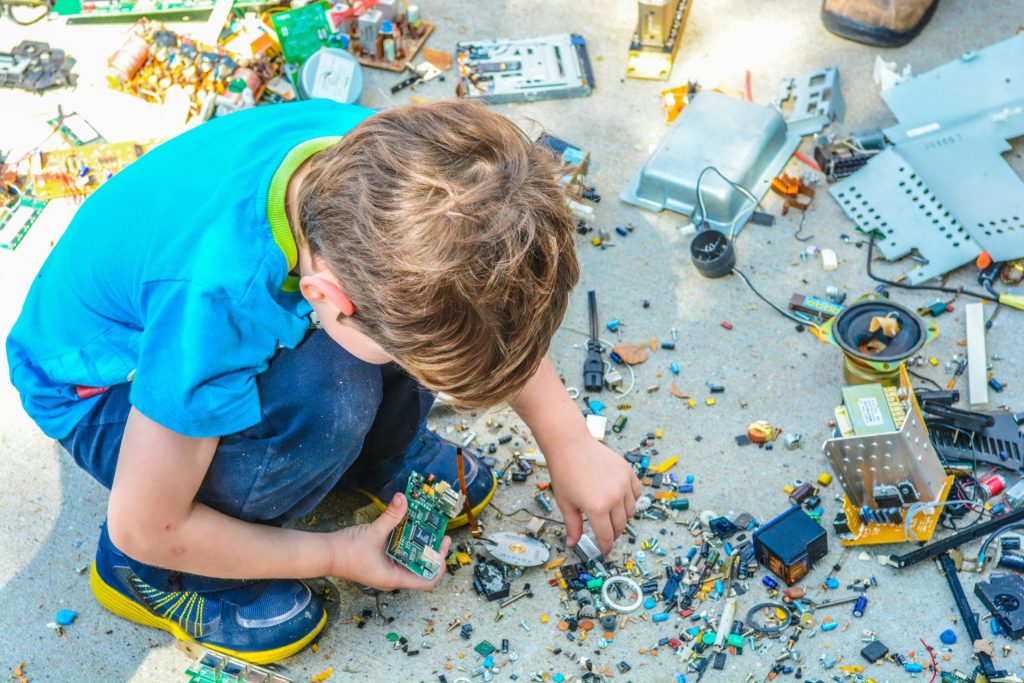
Photo by Kevin Jarrett on Unsplash
Upcycling projects are a great way to reduce waste by repurposing items you already have at home. These activities restrain the urge to buy new items and can bring a unique, personal touch to your home décor.
Old glass jars, from jams or pickles, can be easily transformed into stylish storage containers. Start by removing labels and cleaning the jars thoroughly. Then, let each family member customize their jar with paints, stickers, or fabric. These jars can store kitchen staples, organize craft supplies, or even as vases. This project reduces waste and adds a personalized flair to your home organization.
Turn worn-out fabric or clothes into reusable cloth napkins as a family project. Choose fabrics like cotton or linen shirts that are no longer in use. Cut them into squares of desired sizes, and sew the edges to prevent fraying. You can personalize each napkin by dyeing them or adding embroidered initials. That saves money and significantly reduces paper waste, aligning perfectly with eco-friendly living practices. By integrating this sustainable habit, your family can enjoy meals knowing they are contributing to waste reduction.
Incorporating eco-friendly practices into everyday life is essential for teaching the importance of sustainability to your family. Simple swaps in routine habits can make a significant impact over time.
Reduce reliance on single-use plastics by adopting reusable options. Involve your family in choosing fun and reusable shopping bags and water bottles. Make a custom that each family member carries their water bottle and shopping bag. That will reduce plastic waste and instill good habits in children from a young age. Make a game of it—see who remembers to bring their reusable items the most each month and reward them with a small treat.
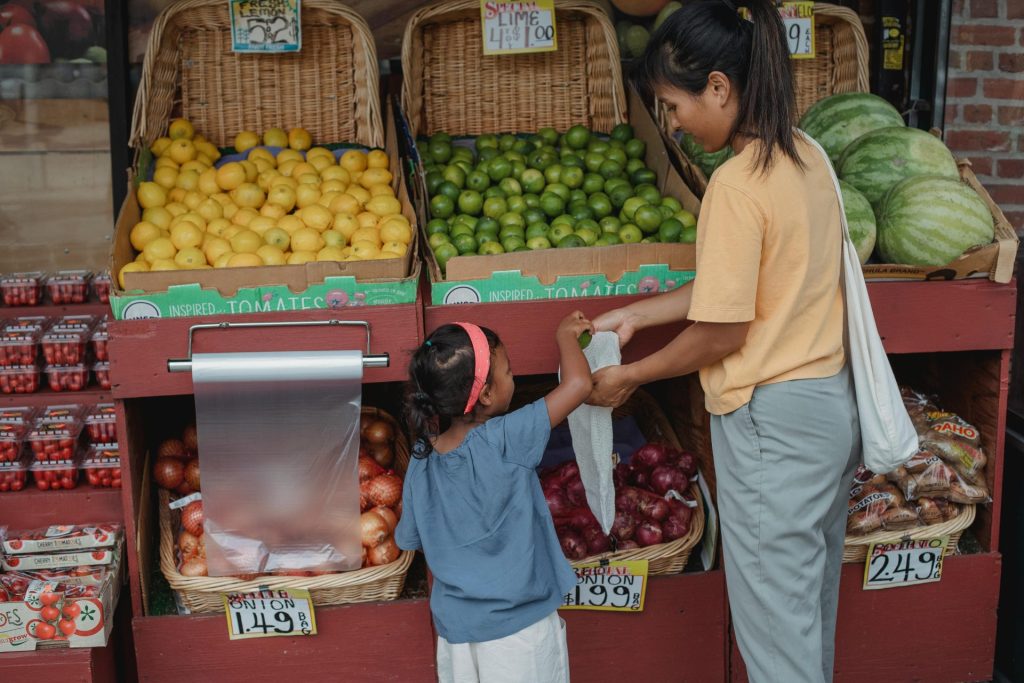
Photo by Kamaji Ogino: https://www.pexels.com/photo/ethnic-mother-and-daughter-putting-limes-in-reusable-bag-5094488/
Minimize the chemicals in your household and the environment by switching to natural cleaning products. Many everyday pantry items like vinegar, baking soda, and lemon can be effective cleaners and safe for kids and pets. Teach your family how to make their cleaners.
This practice will reduce the number of harmful chemicals entering waste streams and protect your family's health from harsh substances found in many conventional cleaning products. Plus, it's often more cost-effective, so your budget will thank you.
Getting everyone in the family on board with waste reduction is much easier when it's fun and rewarding. Why not infuse a sense of excitement and accomplishment into your sustainability efforts? Celebrating small victories and milestones can dramatically boost motivation and help plant lifelong eco-friendly habits.
Consider sparking a friendly competition by hosting a waste reduction challenge. Set a period, such as a week or a month, and outline achievable goals. For example:
- Who can use the least amount of single-use plastics?
- Who can think of the most creative idea to repurpose an item?
Track progress on a chart where everyone can see and discuss the results daily. Offer a variety of fun encouragements to keep everyone motivated, like choosing the next family movie night or picking a favorite meal for dinner.
Acknowledgment goes a long way in keeping everyone engaged in waste reduction efforts. Make it a point to recognize each family member's contributions, however small. Perhaps, at the end of each month, you could have a small ceremony where you highlight different achievements and hand out homemade certificates. Rewards don't always have to be material; they could also be experiences, like a family outing to a place everyone enjoys or an extra hour of bedtime for kids. That will reinforce positive behavior and strengthen family bonds.
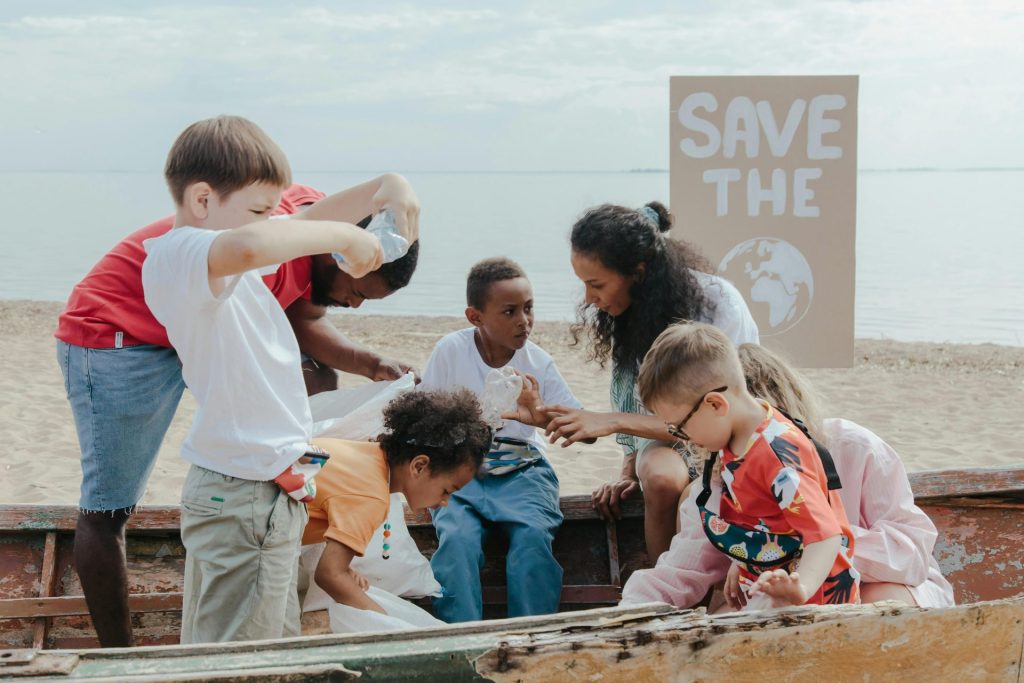
Photo by Ron Lach : https://www.pexels.com/photo/group-of-children-collecting-plastics-9037596/
Involving your entire family in waste reduction efforts is beneficial for the environment; it's also a fantastic way to strengthen bonds, teach valuable life lessons, and plant a sense of responsibility in everyone.
By participating in these activities, each family member becomes a vital contributor to a healthier planet. Remember, every small effort counts. So, gather everyone around, decide on your strategies, and start making a difference one step at a time! Together, you can transform everyday learning into action and pave the way for a more sustainable future.

By embracing sustainable living, we adopt practices that contribute to the well-being of the environment, society, and economy.

Sustainability goes beyond admiration; it is a commitment to maintaining the delicate balance between our species and the planet.
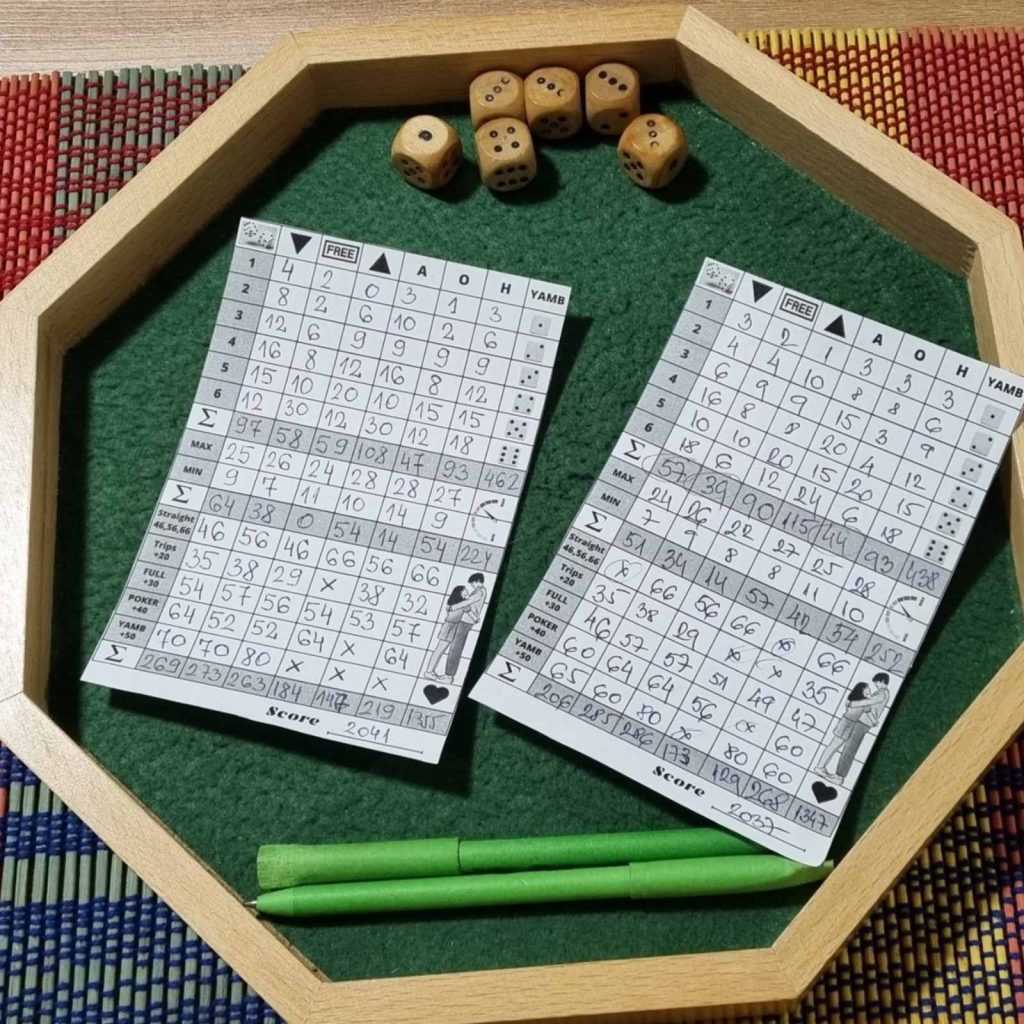
Dive into the world of traditional board games and discover their diverse health benefits. Explore expert insights on how these games contribute to well-being and mental acuity.

Natural deodorant is an effective and environmentally friendly product. It is a healthy option since traditional antiperspirants often contain chemicals.
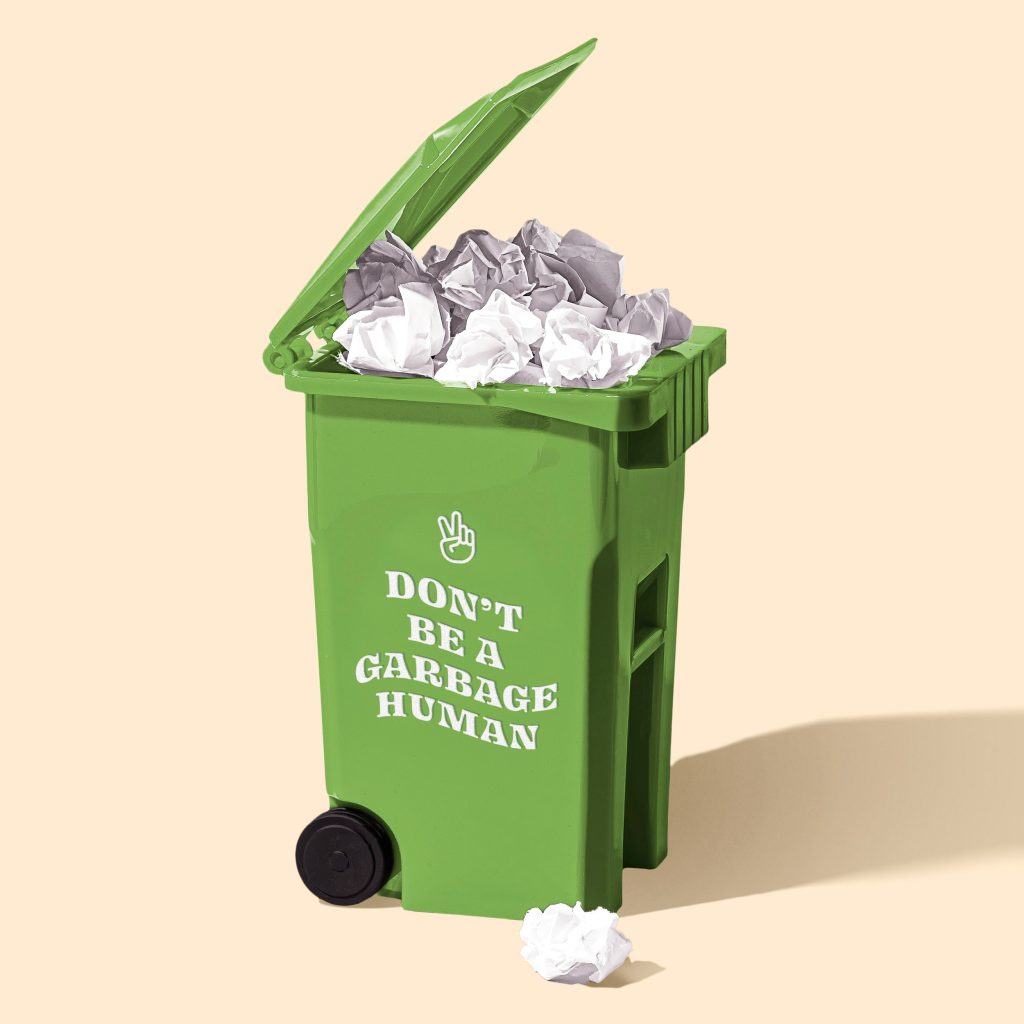
Let’s discover the environmental impact of household waste, and hopefully, this will inspire us to create a new mindset.
Welcome to Sustainable Living by Science. With our scientific mindset, we are exploring how to nurture our well-being while caring for the environment. We are sharing the meaning of sustainability through evidence-based practices. Join us on this journey towards a greener, healthier future where science guides us to make the best choices for ourselves, the planet, and others.
All content is © 2024 by Sustainable Living by Science. All rights reserved.